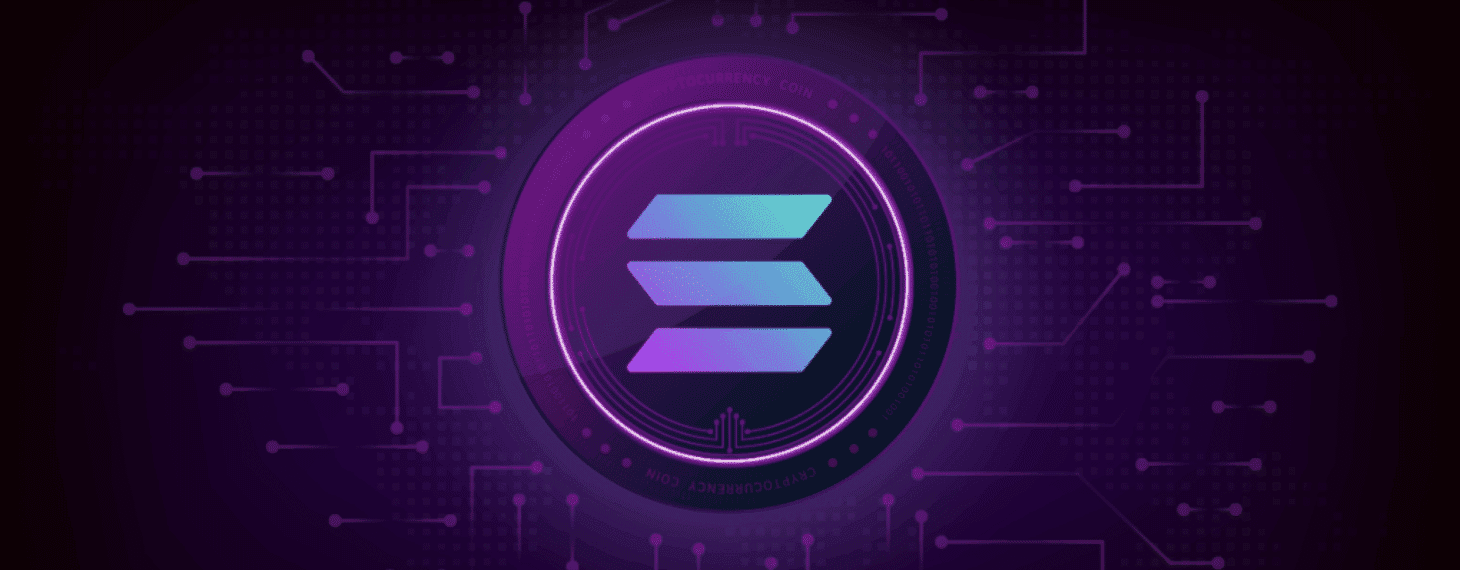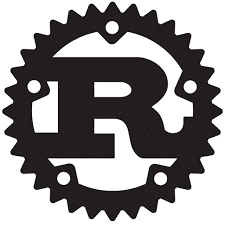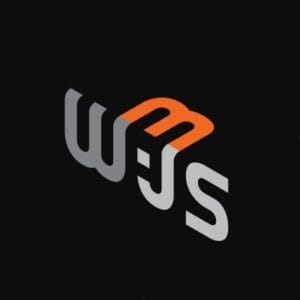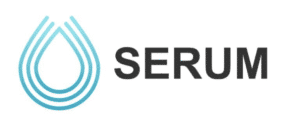How hire Solana developers with Upstaff?
 Hire Solana Developers with Upstaff.com
Hire Solana Developers with Upstaff.comWhy hire Sonala developers and where it is used?
| Case Name | Case Description |
|---|---|
| DeFi Platforms | Solana’s high throughput and low transaction costs make it a popular choice for decentralized finance (DeFi) platforms. For example, Raydium, a decentralized exchange (DEX) built on Solana, offers lightning-fast transaction settlement and provides liquidity for various assets. Solana’s scalability allows DeFi platforms to handle a large volume of transactions, ensuring efficient trading and yield farming opportunities for users. |
| Gaming and NFT Marketplaces | Solana’s fast transaction finality and low fees are advantageous for gaming and non-fungible token (NFT) marketplaces. For instance, Star Atlas, an upcoming virtual gaming metaverse, is built on Solana and leverages its high performance to enable real-time gameplay, NFT trading, and decentralized governance. Solana’s scalability and low latency ensure a seamless gaming experience and efficient trading of in-game assets. |
| Decentralized Social Media | Solana’s high throughput and low fees make it an attractive choice for decentralized social media platforms aiming to provide censorship-resistant and user-controlled experiences. Projects like Step Finance are utilizing Solana to build decentralized applications (dApps) that enable users to connect, share content, and interact without relying on centralized intermediaries. Solana’s scalability ensures smooth user experiences, even in high-traffic scenarios. |
| Cross-Chain Bridges | Solana’s interoperability features allow it to serve as a bridge between different blockchain networks. Wormhole is an example of a cross-chain bridge built on Solana, enabling the seamless transfer of assets between Solana and other blockchain ecosystems like Ethereum. Solana’s fast confirmation times and ability to handle high transaction volumes make it a reliable platform for cross-chain communication and asset transfers. |
| Decentralized Autonomous Organizations (DAOs) | Solana’s scalability and low fees make it well-suited for building decentralized autonomous organizations (DAOs) that aim to provide decentralized governance and decision-making processes. Examples include Mango Markets, a decentralized exchange and lending platform that operates as a DAO on Solana. Solana’s fast transaction processing and low costs enable efficient voting and governance mechanisms, empowering community participants in decision-making. |
TOP technologies Solana dApp developers should possess:
 Rust
Rust 2. Solana Web3.js library: Web3.js is a JavaScript library that provides an interface for interacting with the Solana blockchain. It allows developers to send transactions, query blockchain data, and interact with smart contracts. It is widely used for building decentralized applications (dApps) on Solana.
2. Solana Web3.js library: Web3.js is a JavaScript library that provides an interface for interacting with the Solana blockchain. It allows developers to send transactions, query blockchain data, and interact with smart contracts. It is widely used for building decentralized applications (dApps) on Solana.
 3. Solana Anchor framework: Anchor is a framework for developing Solana smart contracts in Rust. It provides a high-level, developer-friendly interface for writing, testing, and deploying smart contracts on Solana. Anchor simplifies the development process by handling low-level details and providing helpful abstractions.
3. Solana Anchor framework: Anchor is a framework for developing Solana smart contracts in Rust. It provides a high-level, developer-friendly interface for writing, testing, and deploying smart contracts on Solana. Anchor simplifies the development process by handling low-level details and providing helpful abstractions.
 4. Solana Serum DEX: Serum is a decentralized exchange (DEX) built on the Solana blockchain. It offers fast and low-cost trading of digital assets. Developers can integrate Serum into their applications to enable seamless token swaps and liquidity provision on Solana.
5. Solana SplToken SDK: SplToken is a Solana SDK for creating and managing fungible tokens on the Solana blockchain. It provides a simple and efficient way to issue and manage tokens, enabling developers to build tokenized applications and decentralized finance (DeFi) platforms on Solana.
4. Solana Serum DEX: Serum is a decentralized exchange (DEX) built on the Solana blockchain. It offers fast and low-cost trading of digital assets. Developers can integrate Serum into their applications to enable seamless token swaps and liquidity provision on Solana.
5. Solana SplToken SDK: SplToken is a Solana SDK for creating and managing fungible tokens on the Solana blockchain. It provides a simple and efficient way to issue and manage tokens, enabling developers to build tokenized applications and decentralized finance (DeFi) platforms on Solana.
Why Choose Upstaff to Hire Solana Developers?
Upstaff has already successfully helped many crypto projects find Solana dApp developers, from top15 Coinmarketcap projects to pre-seed early-stage startups. Our developers are proficient in Solana’s Rust-based programming, anchor framework, and integrations with platforms like Serum or Metaplex, ensuring your project aligns with industry-leading standards. With a thorough vetting process, flexible hiring options for remote or on-site roles, and a commitment to blockchain innovation, Upstaff connects you with talent that delivers tangible results for your DeFi, NFT, or Solana-based analytics projects. EVM vs. Non-EVM Blockchains- EVM Blockchains (e.g., Ethereum, Polygon, BSC): Use Solidity for smart contracts, support ERC standards, and rely on tools like Web3.js, Ethers.js, and Hardhat. Ideal for DeFi, NFTs, and DAOs but slower and costlier than non-EVM chains.
- Non-EVM Blockchains (e.g., Solana, NEAR, Polkadot): Use Rust (Solana) or other languages, offer faster transactions (e.g., Solana’s 50,000+ TPS) and lower fees. Suited for gaming, DeFi, and cross-chain solutions. Solana’s Rust-based ecosystem outshines EVM for speed.
- Define Needs: Specify EVM (Solidity, Ethereum) or non-EVM (Rust, Solana) skills, project scope (e.g., dApp, NFT), and experience level.
- Post Job: Detail blockchain, skills (e.g., Solidity, Rust, Anchor), and hiring model.
- Review Talent: Upstaff’s vetted developers excel in Solidity (EVM) or Rust (Solana), with expertise in Web3.js, Hardhat, or Anchor.
- Interview & Hire: Evaluate via Upstaff’s platform and hire the best fit.
- Manage: Use Upstaff’s tools for project tracking and communication.
Why Upstaff?
Pre-vetted EVM (Solidity) and non-EVM (Rust, Solana) developers, flexible hiring, and proven success with top crypto projects ensure your DeFi, NFT, or gaming project thrives.What are flexible hiring options at Upstaff?
- Full-time engagement: Ideal for long-term projects, SaaS, or IT software consulting.
- Part-time: 15–20 hours per week. Ideal for low-budget projects or a small blockchain component of the project scope.
- Time and Materials: Most flexible for a small number of tasks.
- Fixed-cost project: Ideal for features that can be estimated in advance, especially when developers have done similar or identical tasks in the past.
Talk to Our Expert
Our journey starts with a 30-min discovery call to explore your project challenges, technical needs and team diversity.

Yaroslav Kuntsevych
co-CEO
